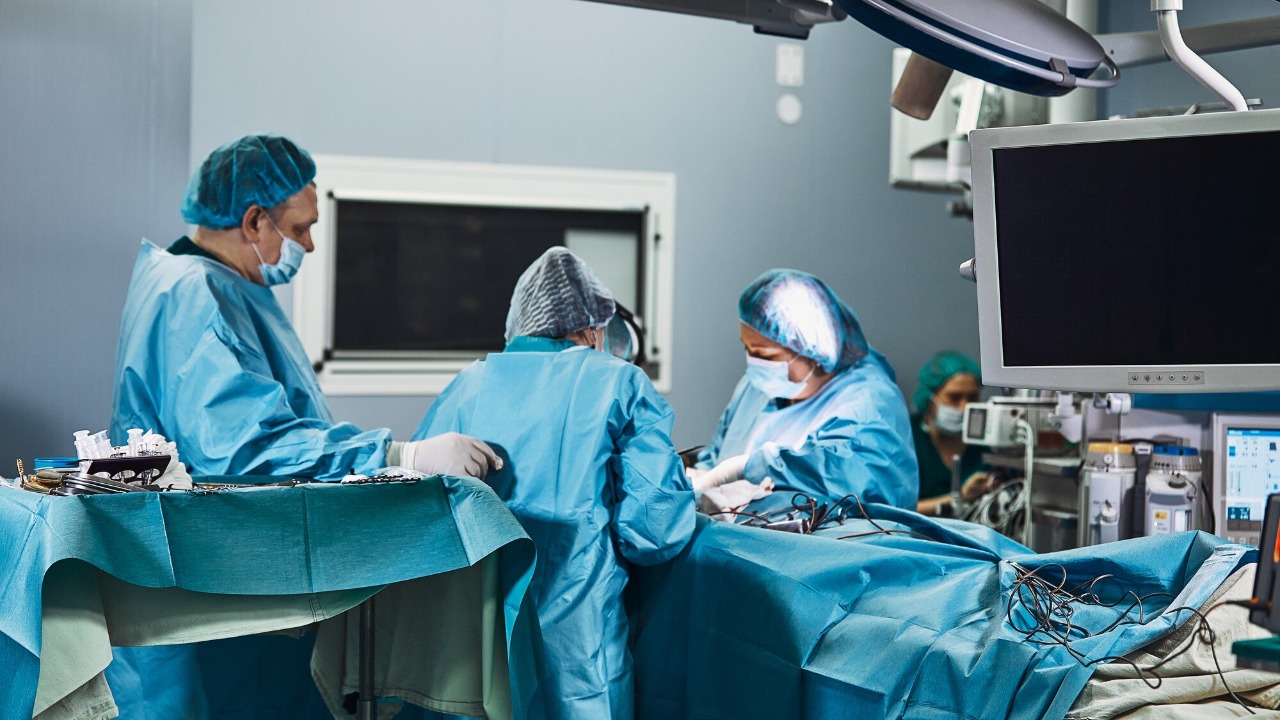
Biotech organs are rapidly becoming a viable solution for patients in need of transplants. With technological advancements and ongoing research, these lab-grown organs are now more feasible and reliable than ever before. The benefits extend beyond just availability, offering promise in terms of safety, ethical sourcing, and patient outcomes.
1. Advanced Tissue Engineering Techniques
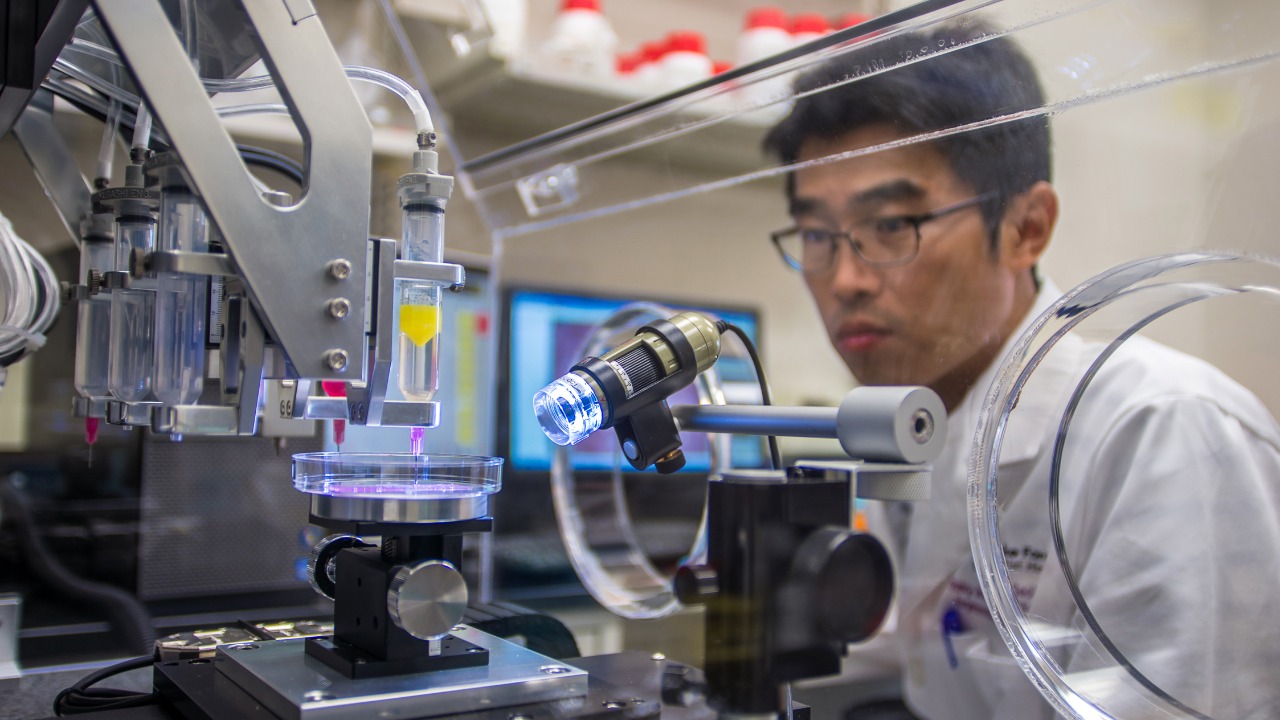
Advanced tissue engineering has revolutionized the creation of biotech organs, allowing for the development of complex structures that closely mimic natural organs. Using 3D bioprinting and stem cell technologies, scientists can construct organs with incredible precision. This innovation is critical in ensuring that lab-grown organs function as effectively as their naturally occurring counterparts.
For instance, researchers have successfully bioprinted heart tissues that beat like a natural heart. Such advancements not only demonstrate the potential of biotech organs but also signify a future where organ shortages could become a thing of the past. The continuous improvement in tissue engineering techniques bodes well for patients and healthcare systems worldwide.
2. Reduced Risk of Rejection
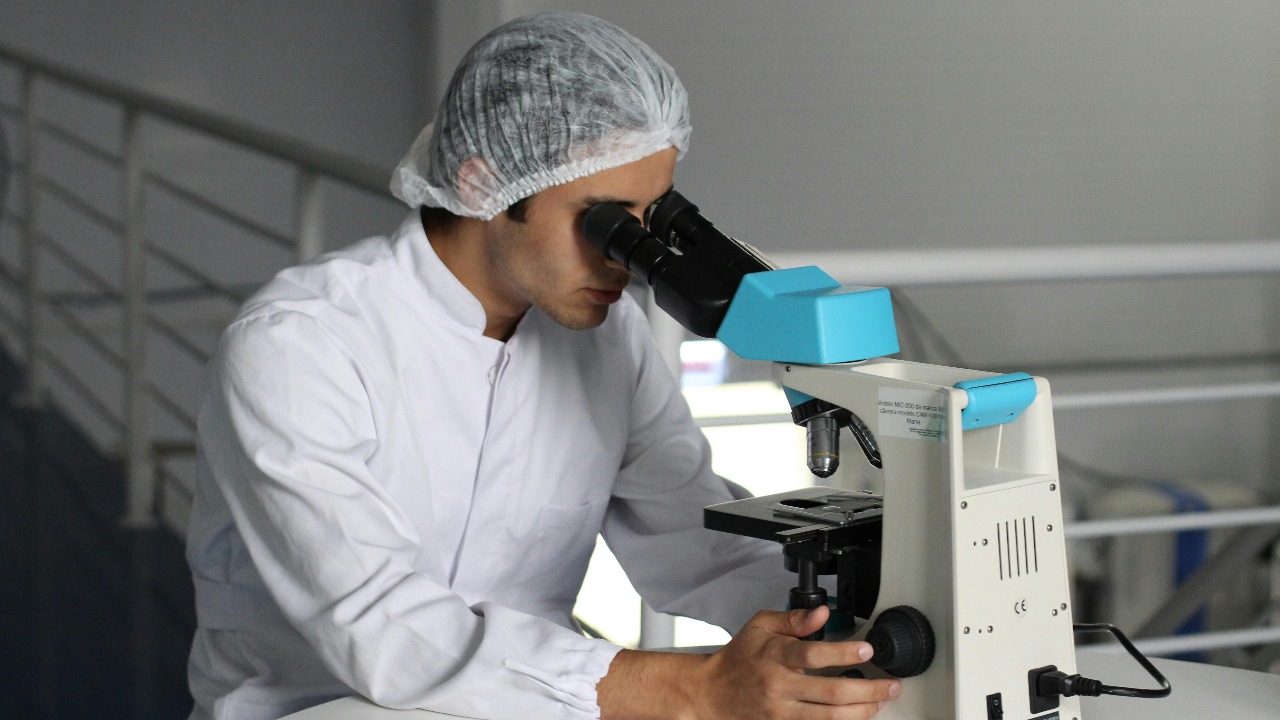
One of the most significant advantages of biotech organs is the reduced risk of immune rejection. By using a patient’s own cells to grow organs, scientists can create tissues that the body is less likely to reject. This approach minimizes the need for long-term immunosuppressive drugs, which often come with severe side effects.
Research has shown that personalized organs are more compatible with recipients, leading to improved long-term outcomes. As a result, the likelihood of organ transplantation success increases, offering a safer alternative to traditional transplants.
3. Improved Longevity and Functionality
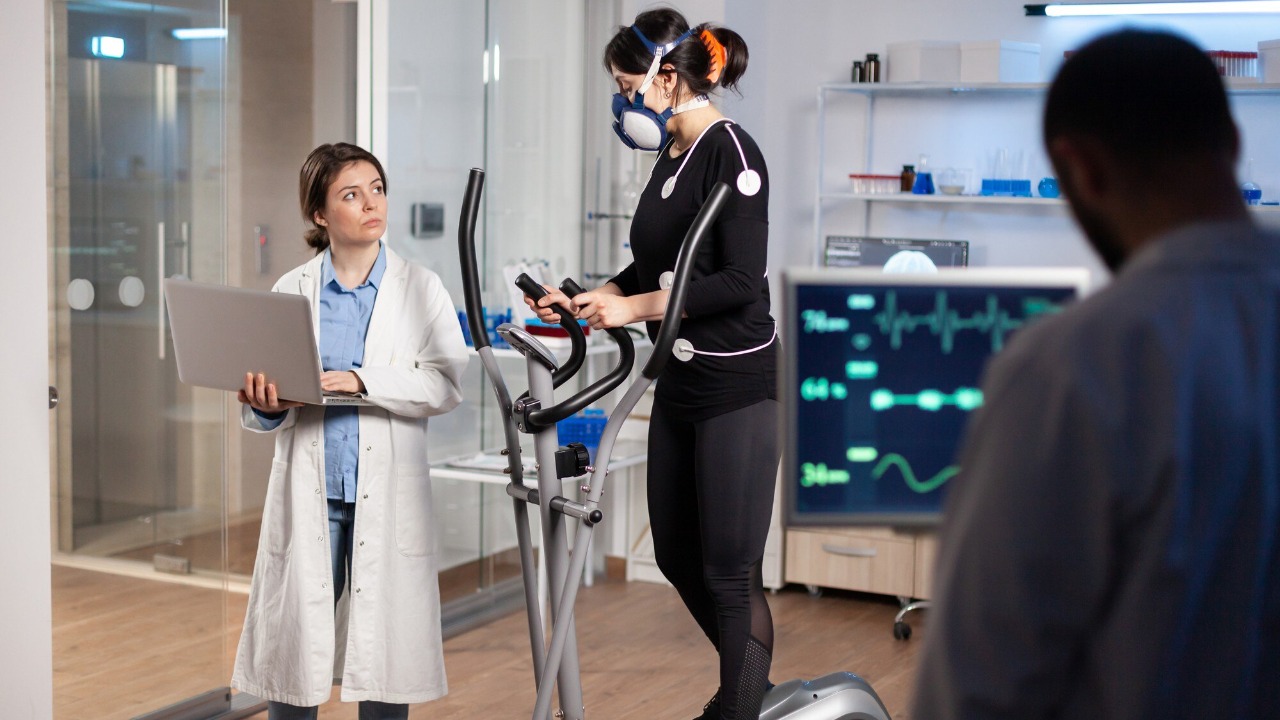
Biotech organs are designed to last longer and function more effectively than ever before. By replicating the natural structure and function of human organs, these engineered solutions provide patients with enhanced quality of life. Studies indicate that biotech organs can potentially outperform traditional transplants in terms of longevity and operational efficiency.
For example, lab-grown kidneys have been developed to filter waste effectively for extended periods, reducing the need for frequent medical interventions. The promise of improved longevity and functionality makes biotech organs a compelling option for patients in need.
4. Scalability and Customization
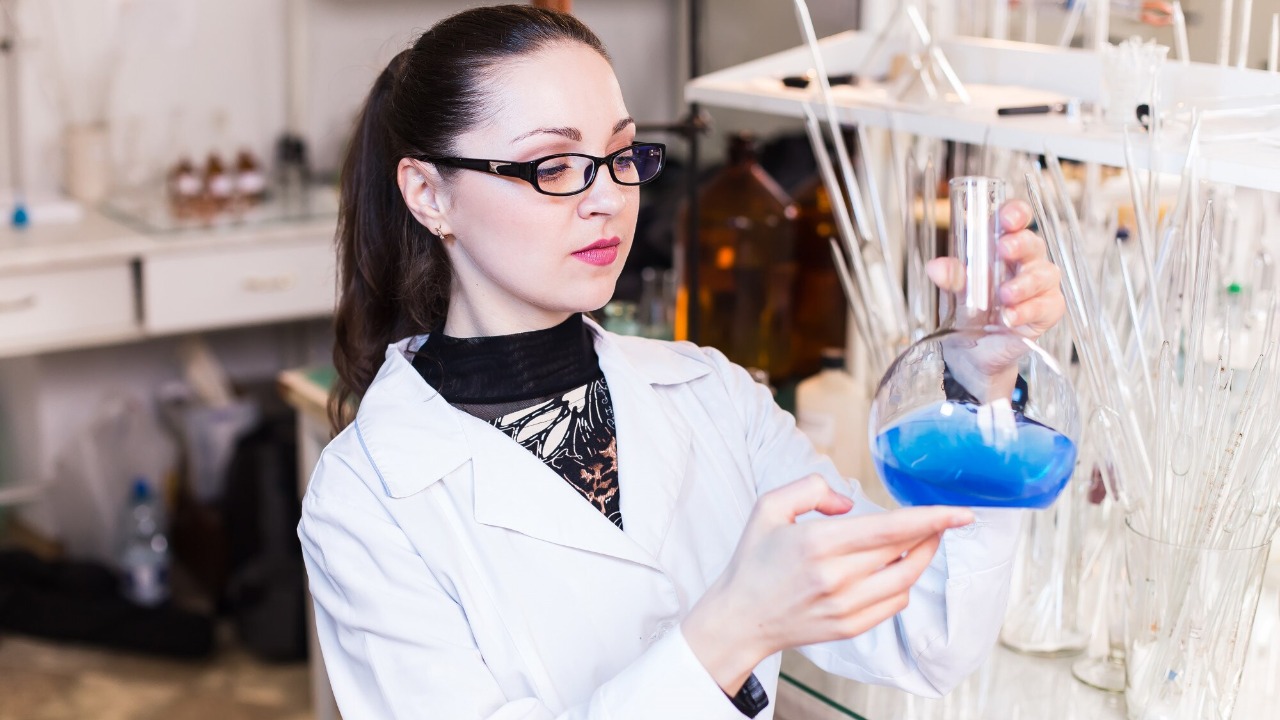
Biotech organs offer scalability and customization that traditional organ donation cannot match. Scientists can produce organs on demand, reducing waiting times and ensuring that patients receive transplants when they need them most. This scalability is crucial in addressing the global organ shortage crisis.
Moreover, the ability to customize organs to fit individual patients’ needs enhances the overall success of transplants. By tailoring organs to specific requirements, healthcare providers can ensure a better fit and function, leading to improved patient outcomes.
5. Ethical and Sustainable Sourcing

The ethical and sustainable sourcing of biotech organs addresses many of the concerns associated with traditional organ donation. By growing organs in labs, the need for donors is significantly reduced, thus eliminating ethical dilemmas related to organ harvesting.
The process is also more sustainable, as it relies on renewable resources like stem cells. This approach contributes to a more equitable healthcare system where organ availability is no longer limited by donor shortages.
6. Enhanced Patient Recovery Times

Biotech organs have been shown to improve patient recovery times significantly. Because these organs are tailored to the recipient, they integrate more seamlessly with the patient’s body, reducing recovery periods and hospital stays. This leads to quicker rehabilitation and a faster return to daily activities.
As a result, patients experience fewer complications and enjoy a higher quality of life post-transplant. The ability to recover swiftly is an essential factor in the overall success of organ transplants and contributes to the growing appeal of biotech solutions.
7. Regulatory Approvals and Clinical Success

Recent developments in biotech organs have led to increased regulatory approvals and clinical successes. As the technology advances, more biotech solutions receive the green light from health authorities, paving the way for widespread adoption. The successful clinical trials of lab-grown organs serve as a testament to their efficacy and safety.
For instance, national awards have been granted for excellence in organ donation and transplant practices, highlighting the growing recognition of biotech innovations. As regulatory bodies continue to endorse these advancements, patients can look forward to more accessible and effective transplant options in the near future.